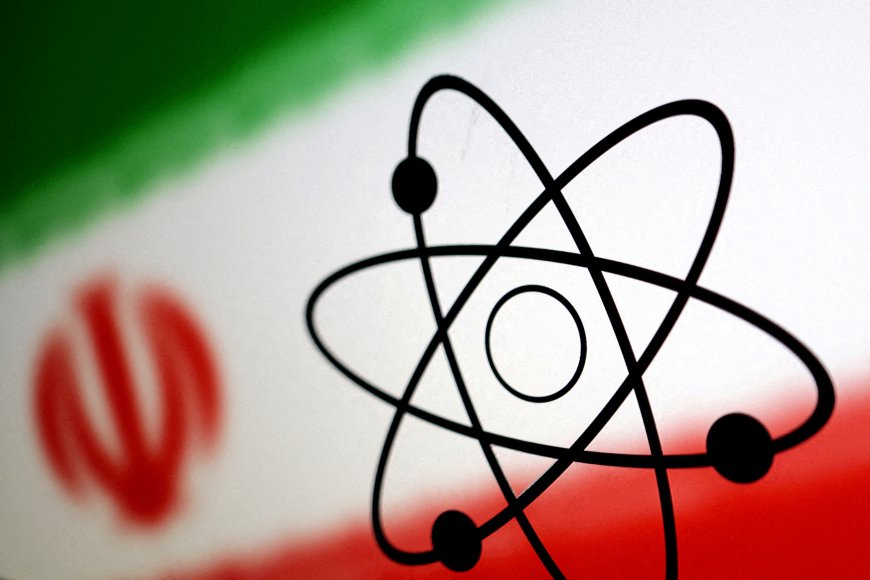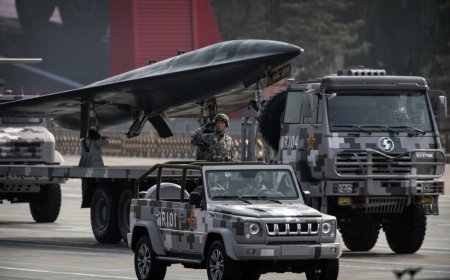The Double Standards Dilemma: Assessing the International Atomic Energy Agency's Unequal Approach to Nuclear Oversight

The policy of a Double standard by the International Atomic Energy Agency (IAEA) plays an undeniable and influential role in the development and implementation of international laws related to nuclear science and technology. The primary mission of this international organization is to promote peaceful applications of nuclear technology worldwide while preventing their diversion for military purposes. However, this role has been selectively applied to specific regions, leading to an imbalance and lack of equilibrium in achieving the agency's objectives.
The selective behavior of the IAEA towards nuclear energy, in accordance with the Nuclear Non-Proliferation Treaty (NPT), applies to all countries, allowing them to engage in peaceful nuclear activities. Nevertheless, the IAEA imposes more restrictions and inspections on certain countries, especially Iran. Despite Iran's acceptance of the NPT in 1968 and its pursuit of peaceful nuclear energy to address societal needs, the agency has imposed stringent measures against Iran. It is noteworthy that all of Iran's nuclear materials and activities have been fully declared and verified by the IAEA.
Despite Iran's cooperation and commendable track record in working with the IAEA, particularly following the signing of the Joint Comprehensive Plan of Action (JCPOA), the agency has taken coercive and strict measures against Iran. This is happening even as some countries have withdrawn from the NPT. Iran, in compliance with the JCPOA to lift unjust sanctions, fulfilled its commitments responsibly. However, the IAEA has issued resolutions and statements leading to sanctions and restrictions against Iran in the Board of Governors.
The IAEA's inaction regarding Israel's actions
While the IAEA vigorously enforces measures against Iran, it has taken a passive stance against certain other countries. Despite the Zionist regime's atrocities against the oppressed people of Palestine in Gaza, including threats of using nuclear bombs, the IAEA has failed to fulfill its mandate to prevent the spread of nuclear weapons and assist in peaceful nuclear activities for all countries. Instead, it has become an organization safeguarding the interests of nuclear-armed entities like Israel.
Double standards of the International Atomic Energy Agency
Despite the fact that the Zionist regime possesses around 200 nuclear warheads, causing insecurity in the region, and has not signed the NPT, creating numerous ambiguities around its nuclear program, the regime has attempted to conceal its possession of nuclear weapons through a policy of ambiguity. In such circumstances, the IAEA, instead of taking deterrent actions, has, in some cases, supported the Israeli regime.
In conclusion, despite the Zionist regime's attempts to deny its possession of nuclear weapons, recent statements by Israeli officials acknowledging the use of atomic bombs constitute a clear admission. In these circumstances, the United Nations Security Council and the International Atomic Energy Agency should take immediate and uninterrupted action to disarm this regime and end apartheid, abandoning their Double standards to prevent further crimes in Gaza













































